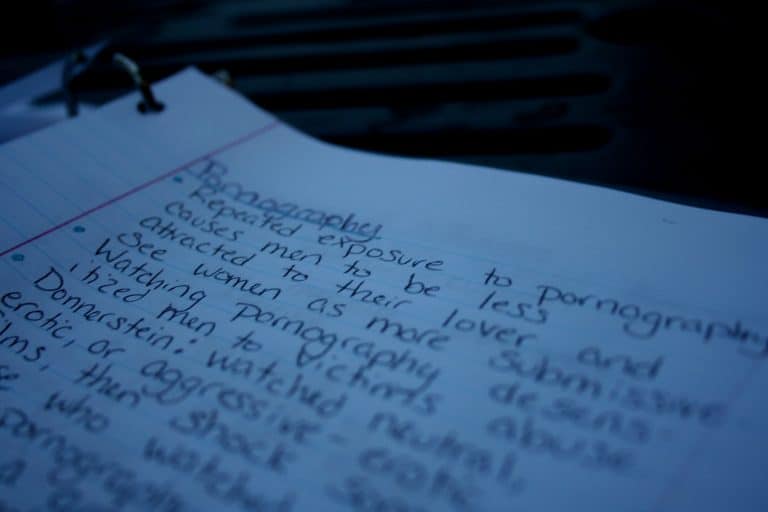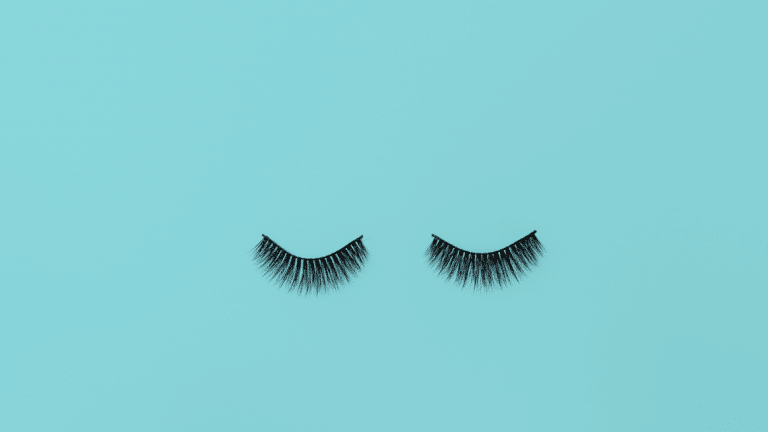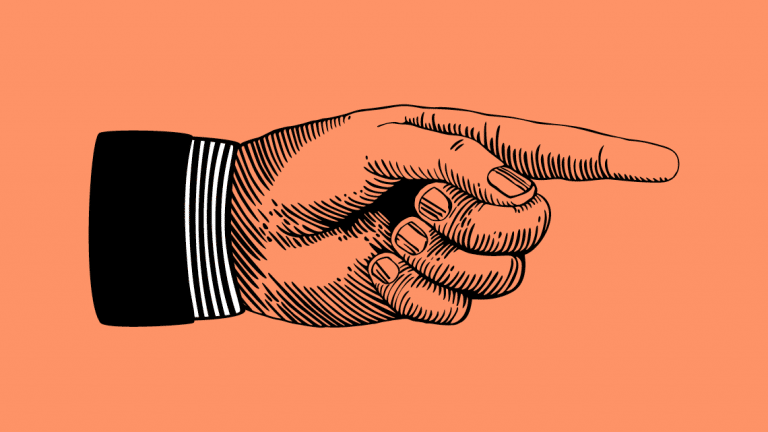Personally sensitive information or images
If you have intimate images or video of yourself shared online without your permission, there are steps that you can take to try and have them removed

Most people have information that they would like to keep to themselves. You might share it with family or close friends, but if it were to somehow find its way out into the open the impact on you and those close to you could be devastating. Thankfully there are protections and remedies that allow us all to take steps to keep our personally sensitive information safe.
In 2010 Judge Beecroft made legal history in New Zealand when he sentenced a man under the Morality and Decency section of the Crimes Act for sharing a photo of an ex-partner, naked, on a social networking site.
Unfortunately, this type of behaviour is not limited to this case, and incidences of image-based abuse (sometimes called ‘revenge porn’) are becoming all too frequent.
When online technologies are used in this way, it isn’t hard to imagine the impact and the harm that this has on the targets and those around them. These images and videos are most often shared with the sole intention of shaming and humiliating, and all too often that is exactly the result.
If you have intimate images or videos of yourself shared online without your permission, there are steps that you can take to try and have them removed. Depending on the platform that they have been shared on, it is possible that they breach the terms and conditions of the host, or that the host may have a specific mechanism for removing this type of content.
Removing intimate images or videos shared without your consent
Many of the larger online service providers offer online reporting tools to request the removal of nude or sexually explicit photos or videos that’s been shared without your consent:
- Report content to Microsoft
Removal from Bing, OneDrive and XBox Live. - Remove information from Google
Removal from the Google search index. - How to report to Facebook
Read Facebook’s guide to reporting content. - Report content to Instagram
Report harassment or bullying including photos or videos on Instagram. - Report content to Twitter
Reporting exposed private information. - Reporting content to Pornhub.com
Report of non consensual pornographic images or video hosted on Pornhub.com (WARNING; Report page may contain pornographic images)
Intimate images are not the only problem though. Individual’s medical records, bank details, political musings and private conversations can all be used to harm an individual when they are shared without consent outside of the audience for which they were intended.
The Harmful Digital Communications (HDC) Act sets out what it calls communication principles. These are 10 statements that help define exactly what a harmful communication might be. One of those principles looks at the disclosure of personally sensitive information. It says a communication may be considered potentially harmful where it;
“Contained a matter that is published in breach of confidence (Principle 7)”
Or;
“Discloses sensitive personal facts about another individual (Principle 1)”
While the principles on their own don’t dictate whether a crime has been committed under the new Act (There are other factors to take into account like the harm, the conduct of the perpetrators, humour and satire etc) they do give an indication that the disclosure of information about someone, without their consent, that is likely to have a negative impact on them is not an acceptable activity under the New Zealand legislation.
FAQs
- What is personally sensitive information in the eyes of the law?
- What can I do if someone has posted information about or images of me that I believe shouldn’t be made public?
MORE ADVICE AND INFORMATION
- Contact Netsafe if you’d like further help on 0508 NETSAFE or [email protected].
- Remember to take screenshots of the offending pages, and include the full URL of the page that it is found on.
- Check the security settings of your social network pages, to ensure that only those you intend to see can see your information. Consider changing your passwords if you think someone has unauthorised access to your accounts.





